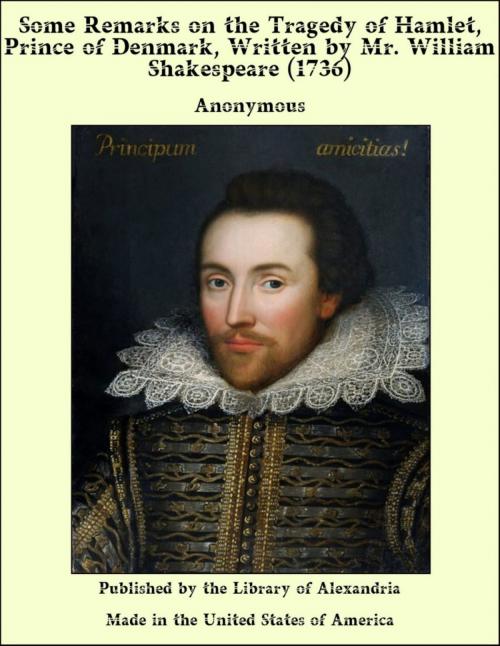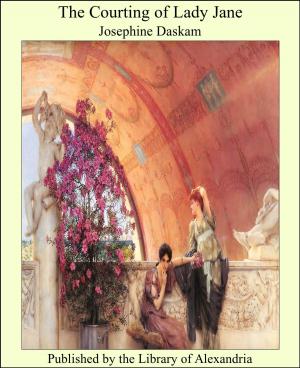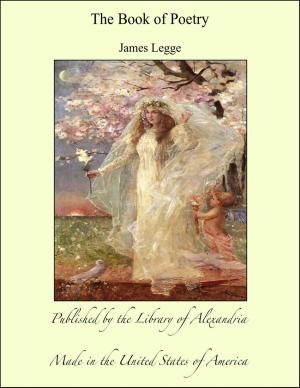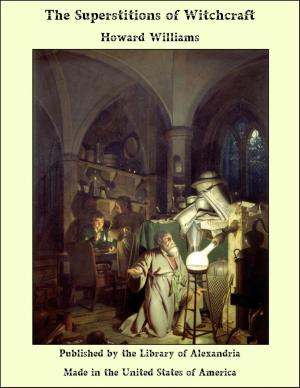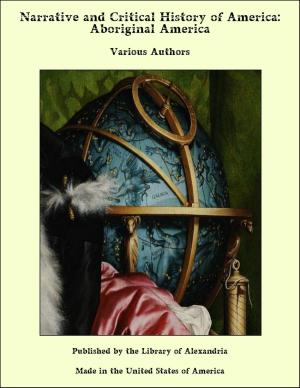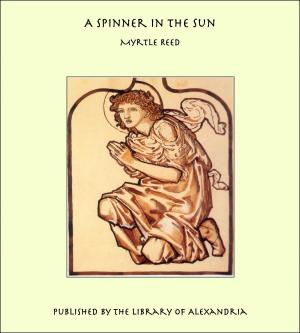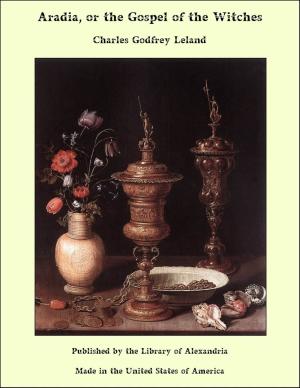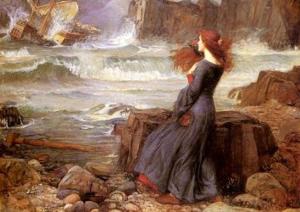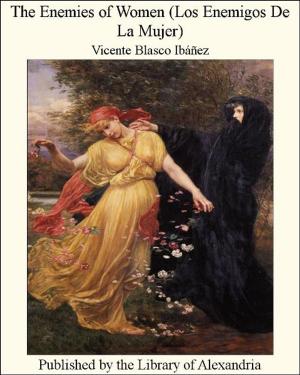Some Remarks on the Tragedy of Hamlet, Prince of Denmark, Written by Mr. William Shakespeare (1736)
Nonfiction, Religion & Spirituality, New Age, History, Fiction & Literature| Author: | Anonymous | ISBN: | 9781465587664 |
| Publisher: | Library of Alexandria | Publication: | March 8, 2015 |
| Imprint: | Language: | English |
| Author: | Anonymous |
| ISBN: | 9781465587664 |
| Publisher: | Library of Alexandria |
| Publication: | March 8, 2015 |
| Imprint: | |
| Language: | English |
The identity of the "Anonymous" of Some Remarks on Hamlet Prince of Denmark has never been established. The tradition that Hanmer wrote the essay had its highly dubious origin in a single unsupported statement by Sir Henry Bunbury, made over one hundred years after the work was written, in his Correspondence of Sir Thomas Hanmer, with a Memoir of His Life (London, 1838), to the effect that he had reason to believe that Hanmer was the author. The evidence against this bare surmise is such, however, as to compel assent to Professor Lounsbury's judgment that Hanmer's authorship "is so improbable that it may be called impossible" (Shakespeare as a Dramatic Artist, 60). I have elsewhere set down reasons for my own belief that Hanmer could have had nothing to do with the composition of the essay, arguing on grounds of ideas, attitudes, style, and other internal evidence ("Thomas Hanmer and the Anonymous Essay on Hamlet," [1934], 493-498). Without going over the case again, I wish here merely to reaffirm my conviction that Hanmer was not the author, and to say that it would seem that the difference in styles and the attitude of Anonymous toward Pope and Theobald are alone convincing proof that Hanmer had no part in the Remarks. Hanmer's style is stiff, formal, pedantic; the style of the essay is free, easy, direct, more in the Addison manner. Hanmer was a disciple of Pope's, and in his Preface to his Shakespeare and in his edition as a whole shows allegiance to Pope. Anonymous, on the contrary, decisively, though urbanely, rejects Pope's edition in favor of Theobald's text and notes. The fact that Theobald was at that time still the king of dunces in the Dunciad, adds to the improbability that an admirer of Pope's, as Hanmer certainly was, would pay Theobald such honor.
The identity of the "Anonymous" of Some Remarks on Hamlet Prince of Denmark has never been established. The tradition that Hanmer wrote the essay had its highly dubious origin in a single unsupported statement by Sir Henry Bunbury, made over one hundred years after the work was written, in his Correspondence of Sir Thomas Hanmer, with a Memoir of His Life (London, 1838), to the effect that he had reason to believe that Hanmer was the author. The evidence against this bare surmise is such, however, as to compel assent to Professor Lounsbury's judgment that Hanmer's authorship "is so improbable that it may be called impossible" (Shakespeare as a Dramatic Artist, 60). I have elsewhere set down reasons for my own belief that Hanmer could have had nothing to do with the composition of the essay, arguing on grounds of ideas, attitudes, style, and other internal evidence ("Thomas Hanmer and the Anonymous Essay on Hamlet," [1934], 493-498). Without going over the case again, I wish here merely to reaffirm my conviction that Hanmer was not the author, and to say that it would seem that the difference in styles and the attitude of Anonymous toward Pope and Theobald are alone convincing proof that Hanmer had no part in the Remarks. Hanmer's style is stiff, formal, pedantic; the style of the essay is free, easy, direct, more in the Addison manner. Hanmer was a disciple of Pope's, and in his Preface to his Shakespeare and in his edition as a whole shows allegiance to Pope. Anonymous, on the contrary, decisively, though urbanely, rejects Pope's edition in favor of Theobald's text and notes. The fact that Theobald was at that time still the king of dunces in the Dunciad, adds to the improbability that an admirer of Pope's, as Hanmer certainly was, would pay Theobald such honor.
